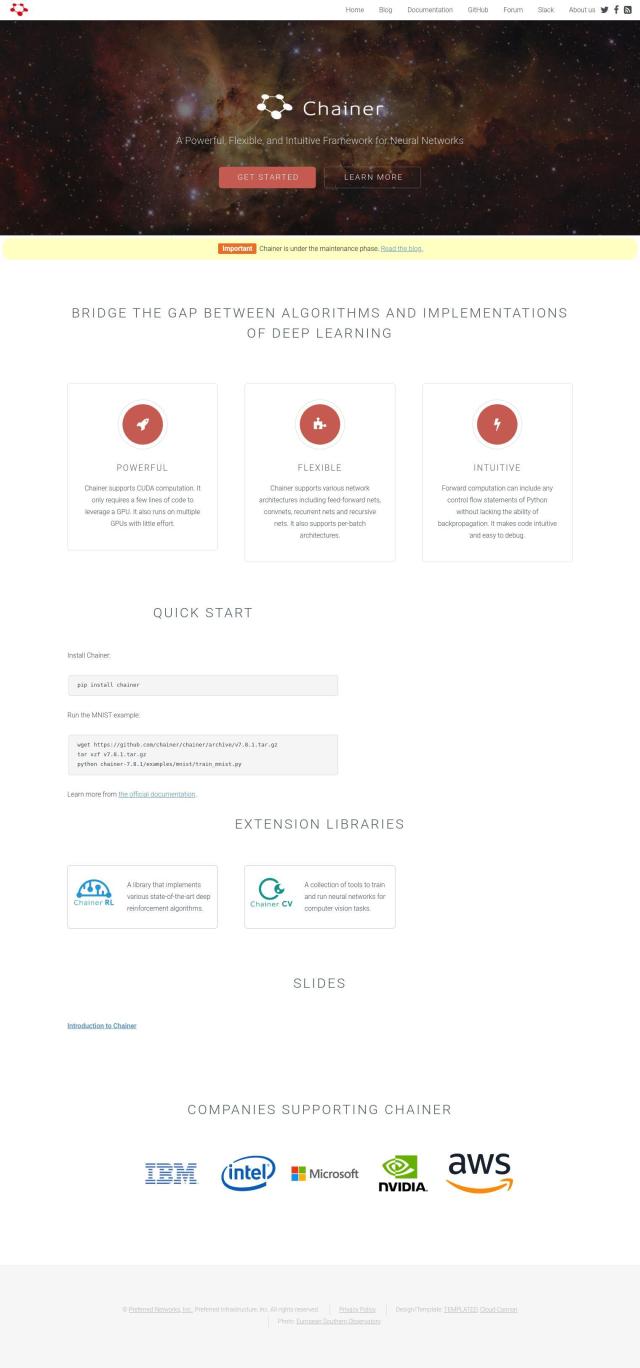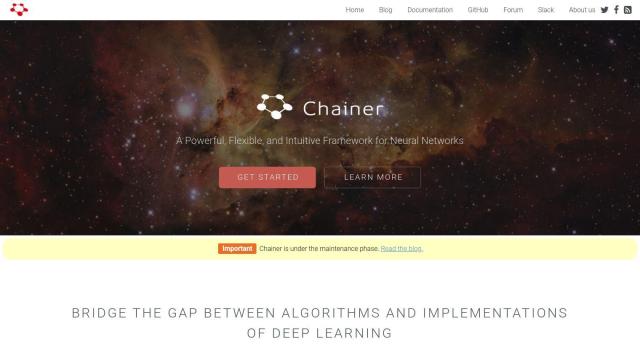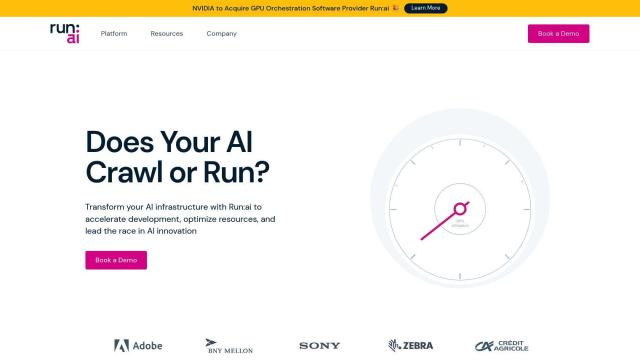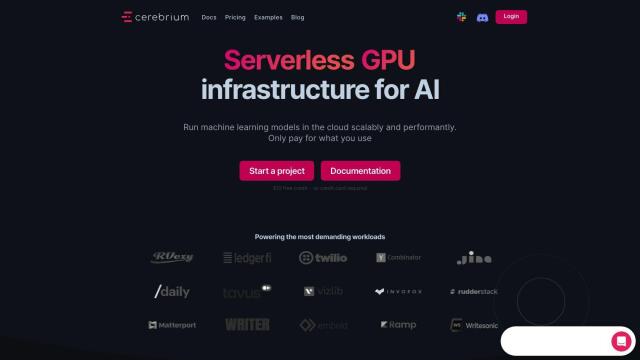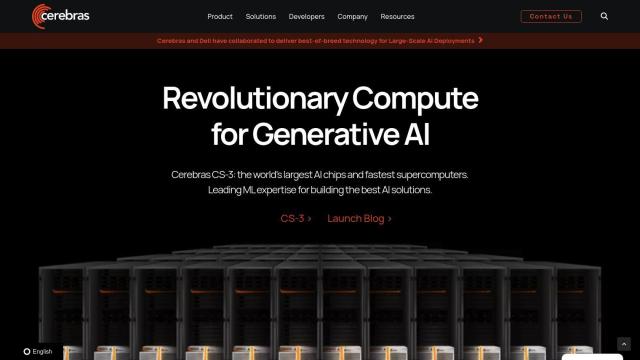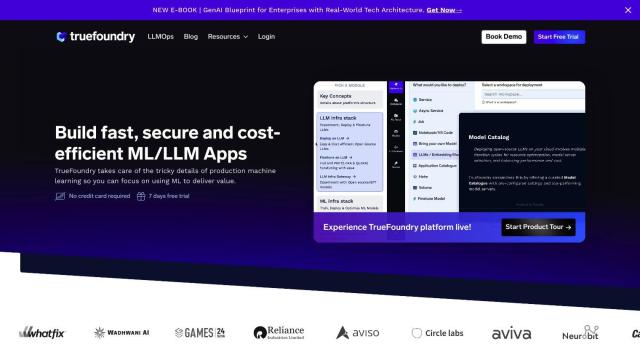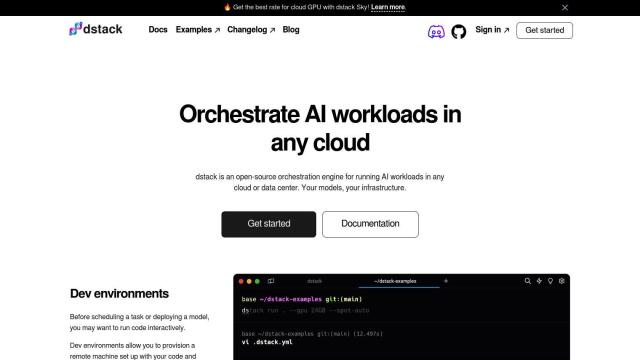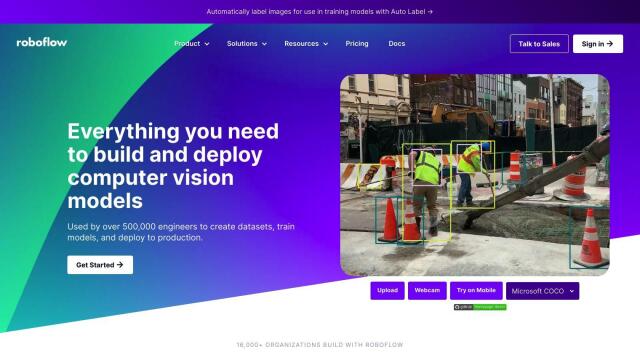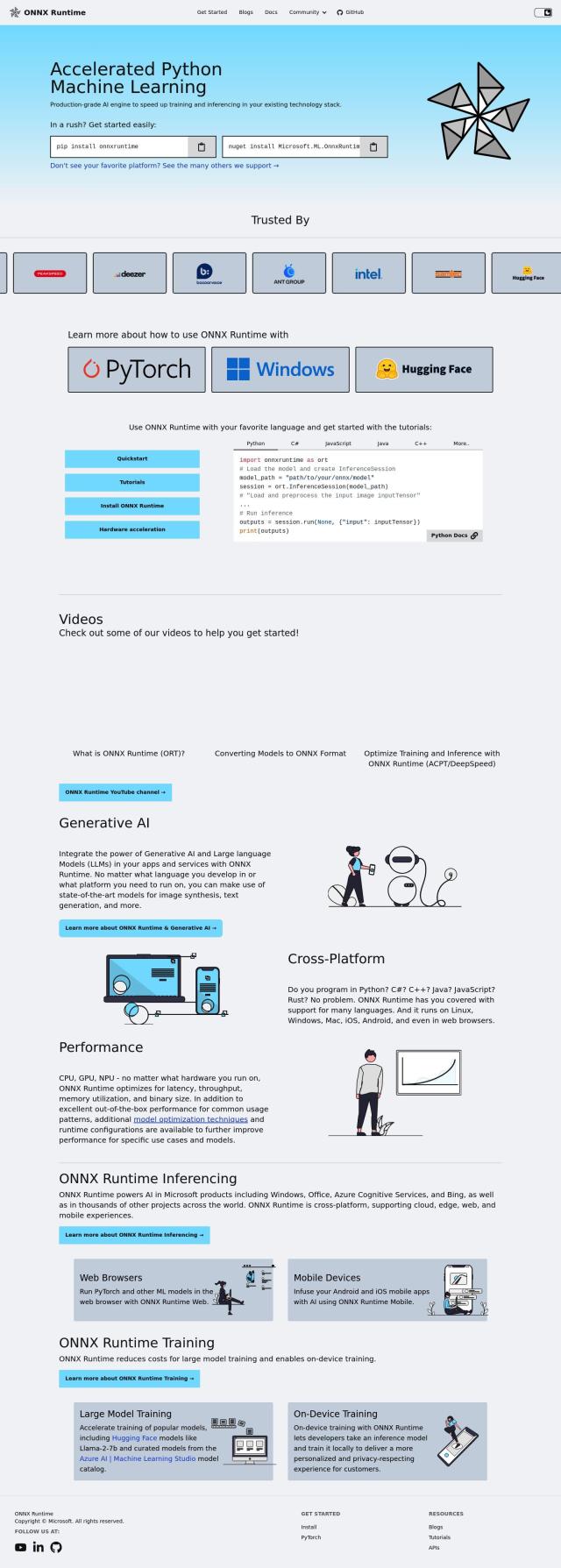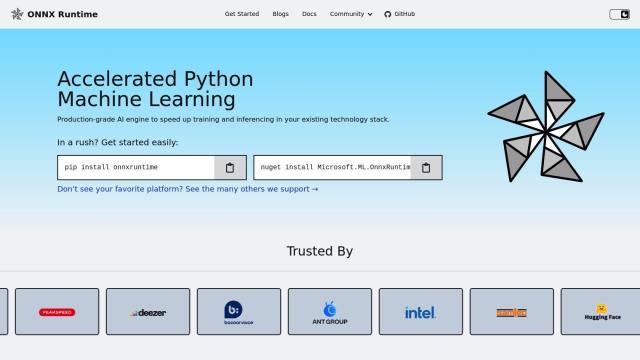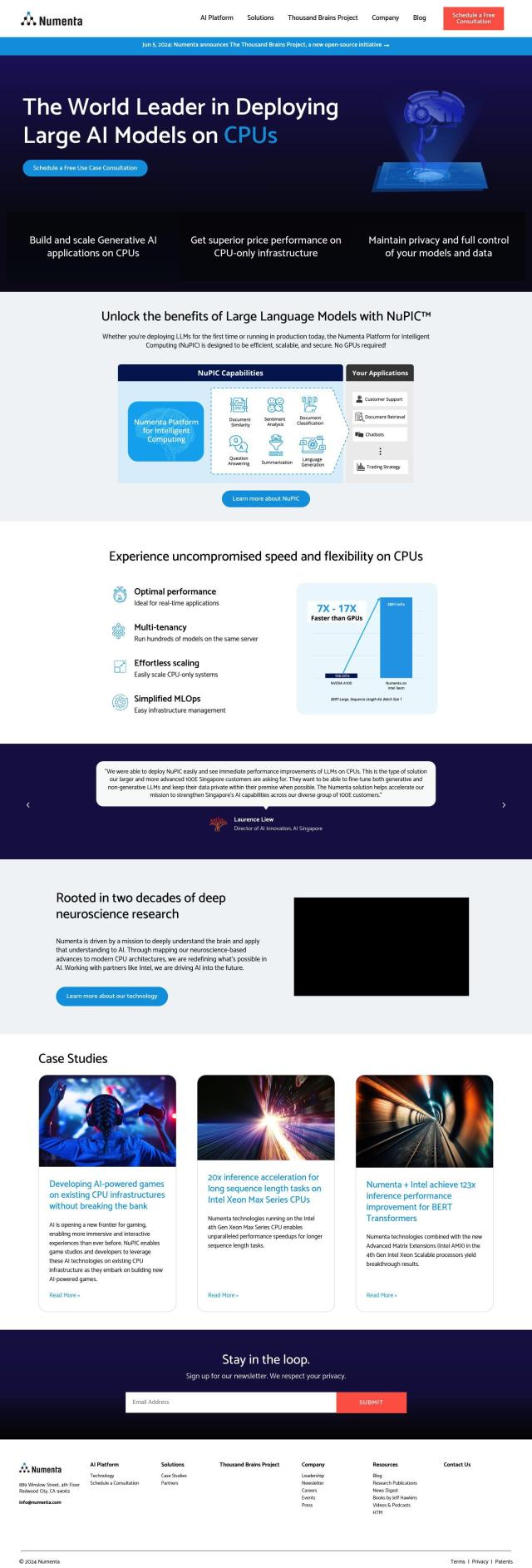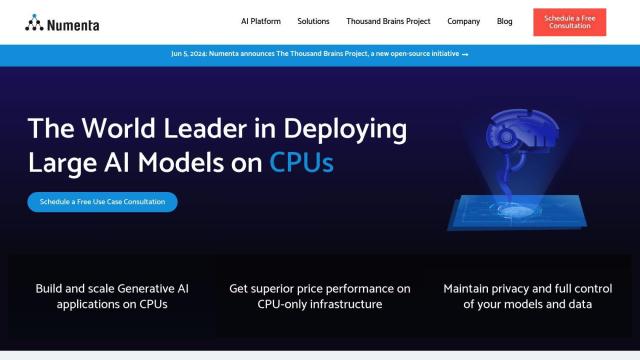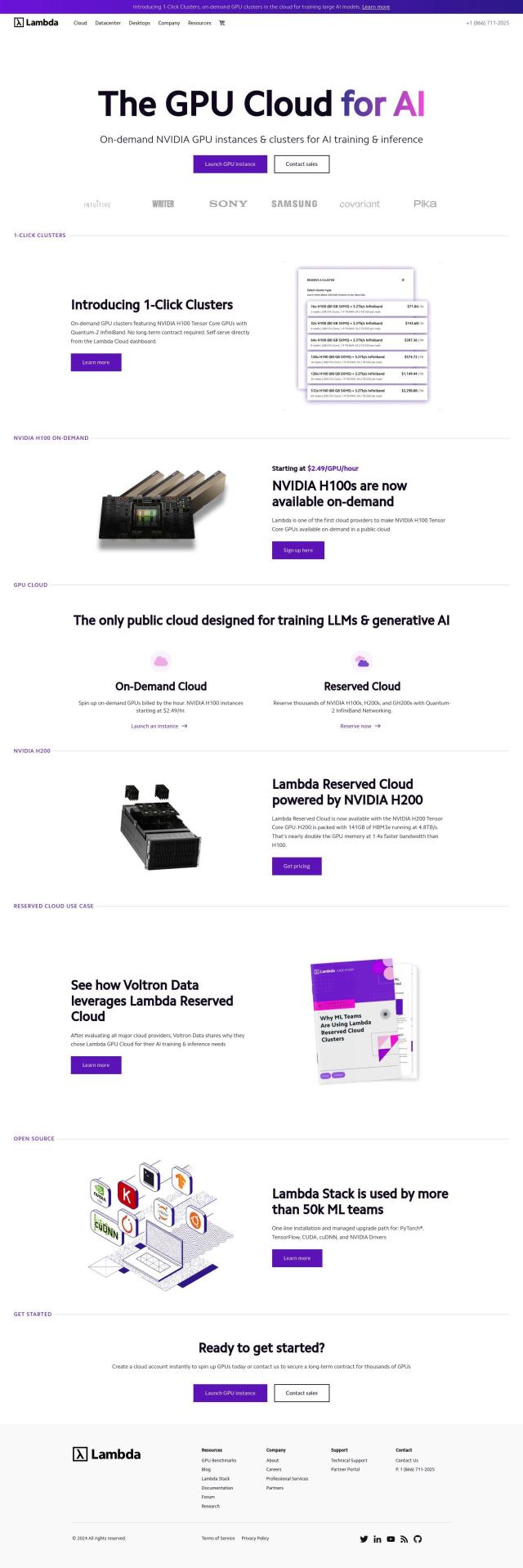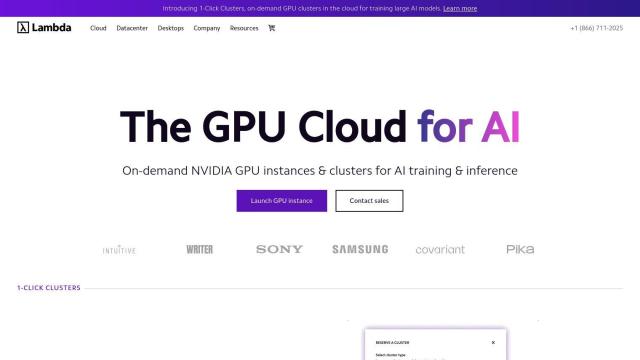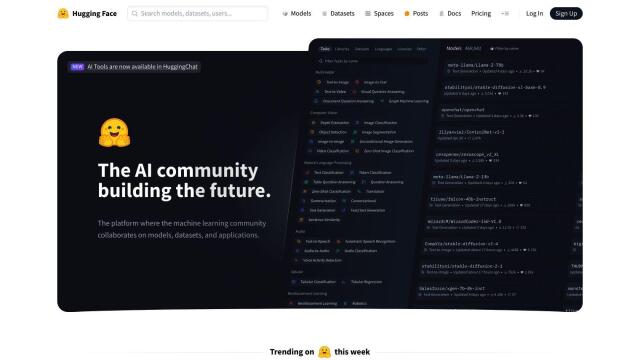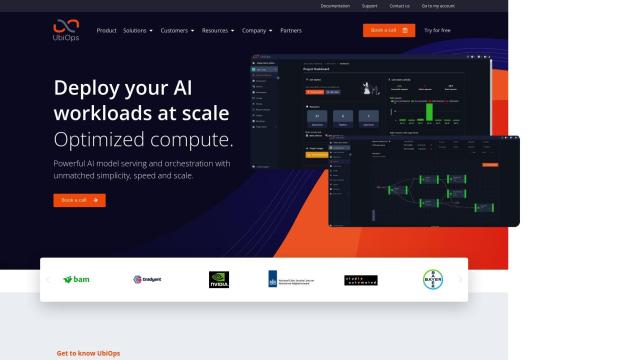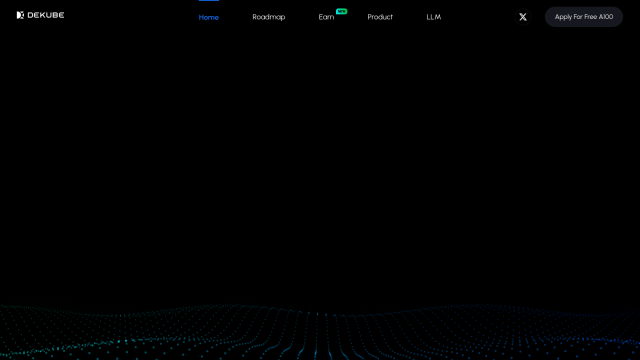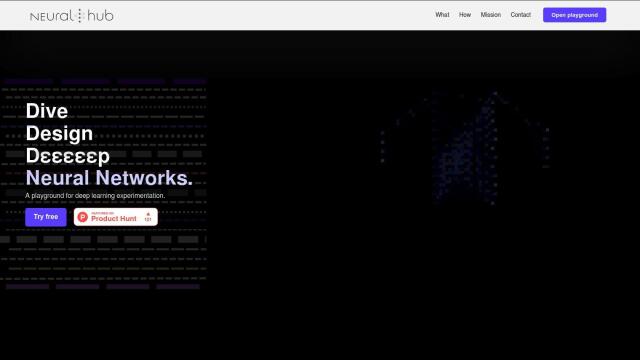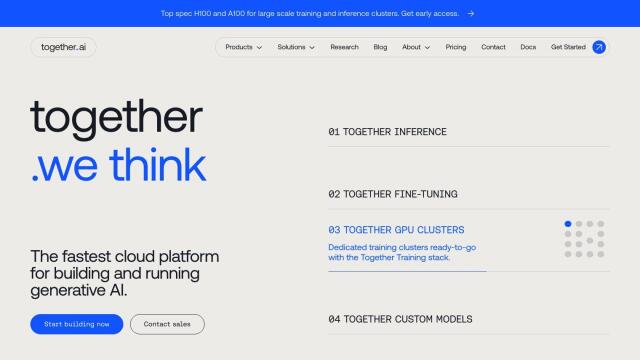
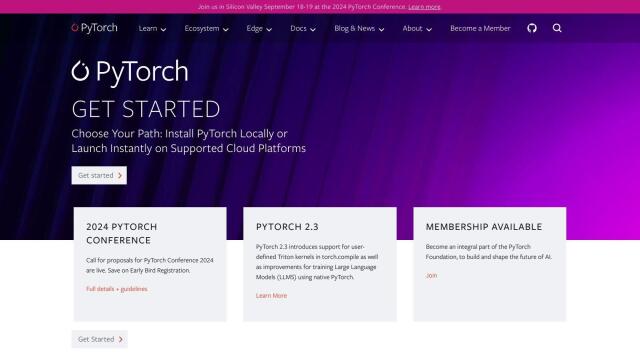
PyTorch
If you're looking for a Chainer alternative, PyTorch is a good option. It's an end-to-end machine learning framework that's flexible and powerful, with rapid experimentation and high production efficiency. PyTorch supports distributed training, a large collection of tools, and a wealth of libraries for tasks like computer vision and natural language processing. It also can run in eager mode or graph mode, and can be deployed to mobile devices and cloud computing services.


TensorFlow
Another good option is TensorFlow, an open-source software foundation that offers a flexible environment for building and running machine learning models. TensorFlow includes the Keras API for building models, eager execution for rapid iteration, and the Distribution Strategy API for distributed training. It can be used for a broad range of tasks, including on-device machine learning and reinforcement learning, and offers tools to speed up model development and deployment.
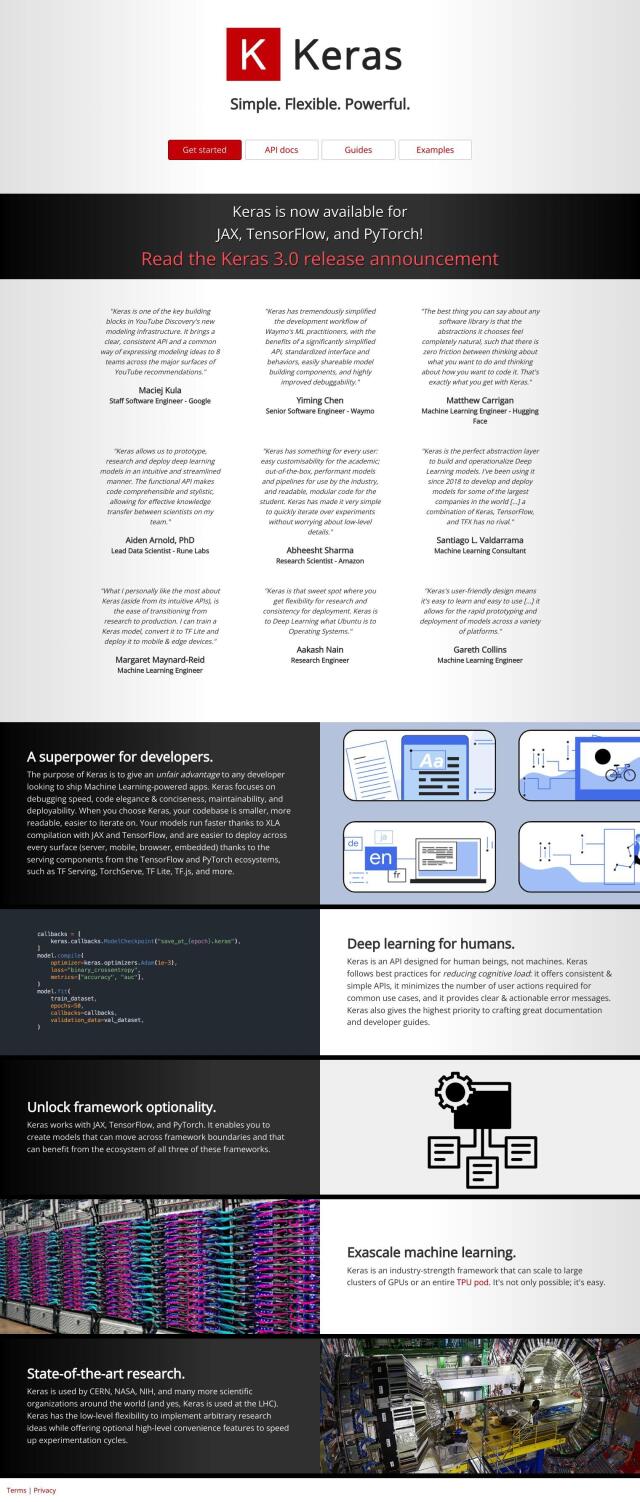
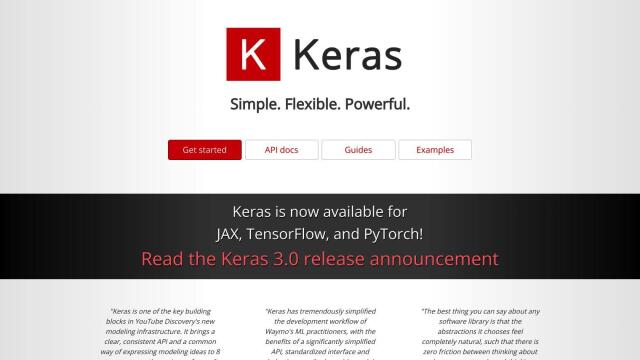
Keras
Keras is another alternative. It's a deep learning API that's designed to be fast to code and debug, with a focus on elegance and maintainability. Keras can run on several backend frameworks, including TensorFlow and PyTorch, and scales well, making it a good choice for large-scale industrial use. It's well-documented with many code examples, so it's easy to get started.

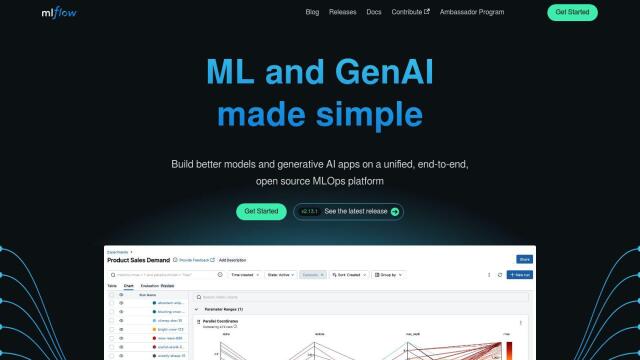
MLflow
If you're interested in MLOps, MLflow is a good choice for a full-featured platform for managing the entire lifecycle of ML projects. It offers features for experiment tracking, model management and generative AI. MLflow supports popular deep learning libraries like PyTorch and TensorFlow, and can be used to deploy models to a variety of environments, making it a good choice for improving collaboration and efficiency in ML workflows.
